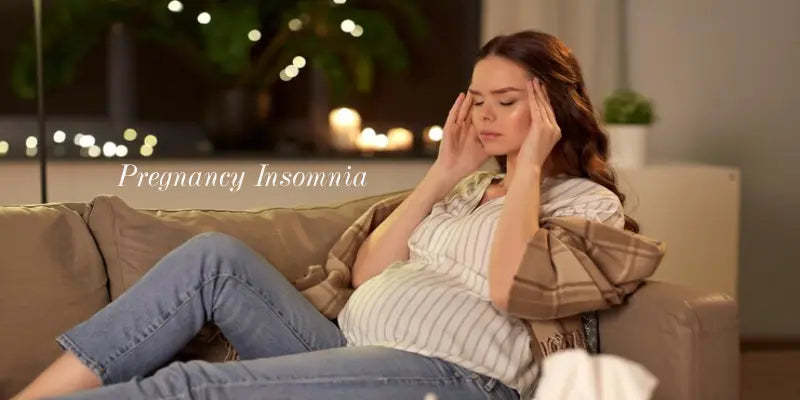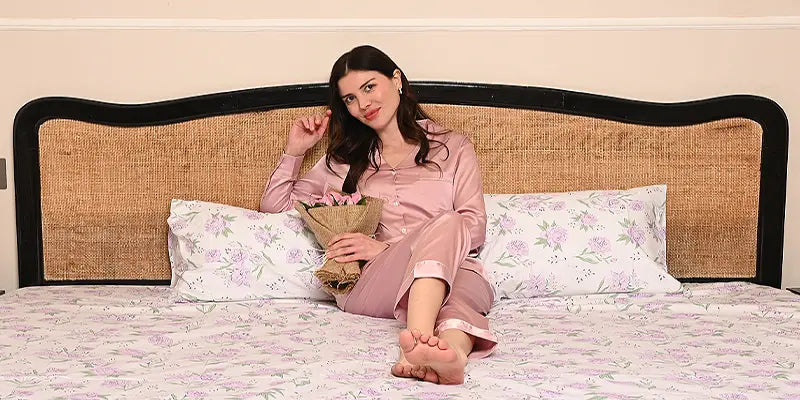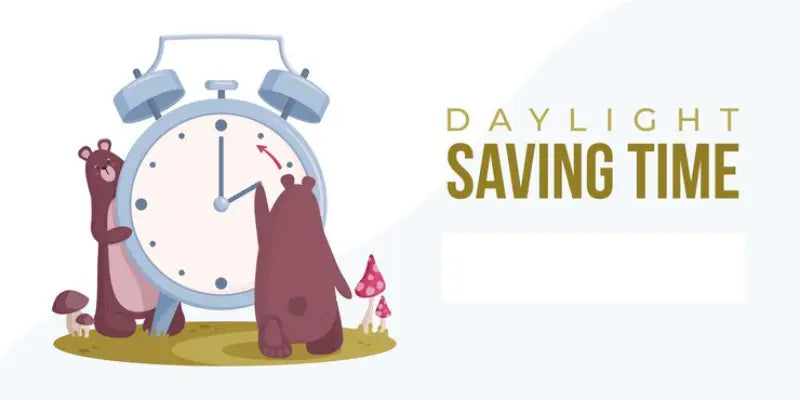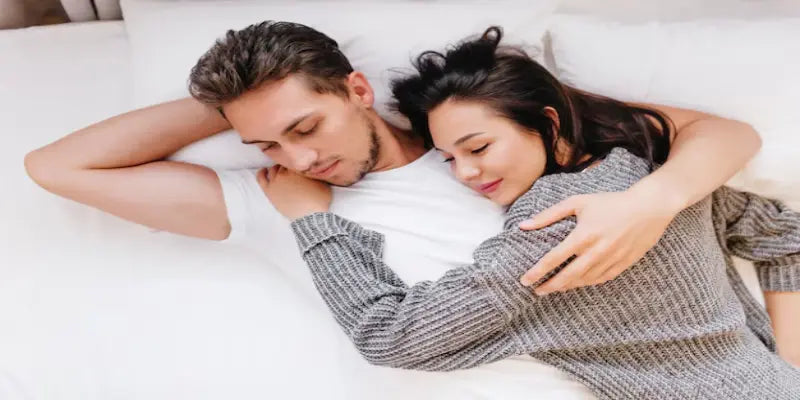
How Hydration Affects Your Sleep
When you think about drinking enough water, it's usually when you're sweating during exercise, feeling ill, or blistering hot during a summer heatwave. However, whether you're exercising out or not, maintaining hydration is essential for your body's optimum operation.
When your body loses more water than it consumes, you may experience temporary dehydration. Mild dehydration can include thirst, a dry mouth, and reduced urination. However, if dehydration is severe, you may feel faint or confused. In extreme circumstances, dehydration might impair your body's capacity to carry out basic metabolic activities.
Some people find that having a glass of water before bedtime helps them sleep, but for others, this habit can cause sleep problems. The link between hydration and sleep is complex and not well understood. In this article, we will look at how dehydration can influence sleep, how bad sleep can affect hydration, and how to stay hydrated throughout the night.
How Dehydration Affect Sleep
Our bodies are mostly made of water, and water helps our organs function properly. When we don’t drink enough water, we can feel tired and sluggish during the day. But did you know it can also affect how well we sleep?
- Feeling Restless: If you haven’t had enough water throughout the day and you are dehydrated now, your body will try to conserve water, which can make you feel restless and wake you up during the night.
- Dry Mouth and Thirst: If you don’t drink enough water required by your body to function properly you can have a dry mouth and feel thirsty, which can disturb your sleep.
- Body Temperature: Water helps regulate your body temperature. When you’re dehydrated, it’s harder for your body to cool down, which can make it difficult to fall asleep.
- Headaches: Headaches and migraines can complicate falling asleep and staying asleep. Dehydration headaches can occur when the brain contracts or shrinks as a result of fluid loss and electrolyte imbalance. This process of the brain moving away from the skull can cause pain.
How To Stay Hydrated for Better Sleep?
- Drink Water Throughout the Day: What most people do wrong is they only drink water when they are thirsty, You should drink water throughout the day. This helps your body stay hydrated without feeling thirsty at night.
- Limit Caffeine and Alcohol: Some people have this myth in mind that all fluid drinks like coffee, tea etc keep them hydrated, but they actually dehydrate you, so try to limit them, especially in the evening.
- Have a Bedtime Drink: You can drink a glass of water before bed, this can help you stay hydrated overnight. Try to avoid drinking too much water right before bedtime so that you don’t wake up in the middle of the night to use the bathroom.
- Eat Hydrating Foods: In India, we often consume watermelon, cucumber and oranges during summer as these have high water content and it keeps you hydrated.
Conclusion
Remember, staying hydrated is important for your overall health and can also help you sleep better. If you find yourself waking up thirsty or feeling tired during the day, it might be a sign to drink more water.
If you've been struggling to get quality sleep at night, after doing everything. Another option is to replace your old traditional pillow with a more modern one. The Sleepsia Microfiber Pillow offers excellent support and comfort, complimenting whatever you do to stay hydrated and get enough sleep. Invest in your well-being today with Sleepsia and see a change in your sleep quality.
FAQ
Q. How long does it take to rehydrate the body?
Ans. In general, it takes roughly two hours for your body to completely rehydrate after consuming a large amount of water. The best way to rehydrate is with water.
Q. How can I find out if I'm dehydrated?
Ans. You can tell you're dehydrated if you're thirsty, weary, peeing less, or have symptoms like muscle cramps, dizziness, headache, or unsteadiness.
Q. Which drinks are the most dehydrating?
Ans. Because of its caffeine level, coffee is unsurprisingly one of the most dehydrating drinks on this list—but don't worry, one or two cups won't cause you to become completely dehydrated.








